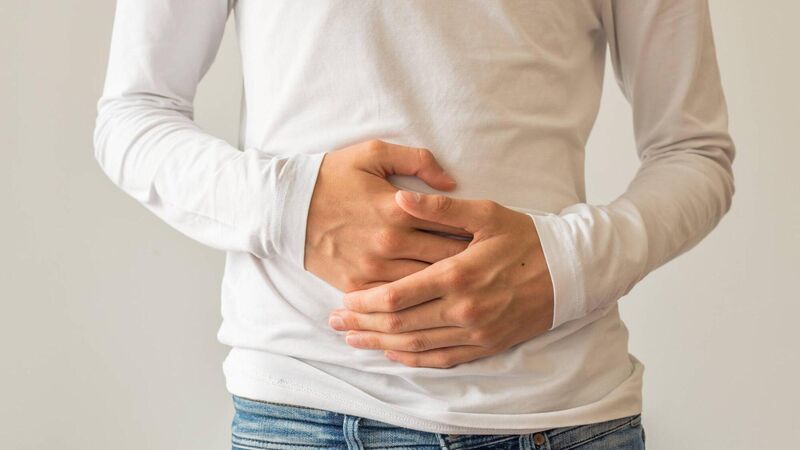Aoife Hearne: My teenage son feels bloated after eating

Pic: iStock
My 15-year-old is complaining about feeling bloated after eating, particularly after breakfast. He eats reasonably well, and his weight is average. What changes should I make to his diet?











